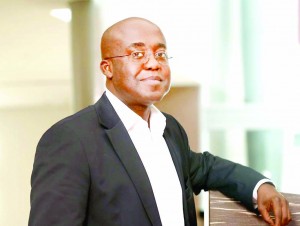By Lakhram Bhagirat
The Education Ministry and the Roraima Learning Trust have launched a new micro- learning pilot project targeting 70 schools, with more than 150 students in the area of Chemistry and Mathematics.
The project seeks to disseminate the CXC syllabus into small modules that can be used on an Information Communication Technology (ICT) platform. The programme will be developed by the University of Innsbruck, Austria and is being introduced to Guyana by Honorary Consul to South Africa Kojo Parris, who is also the chief executive officer of the Roraima Learning Trust.





Comments are closed.